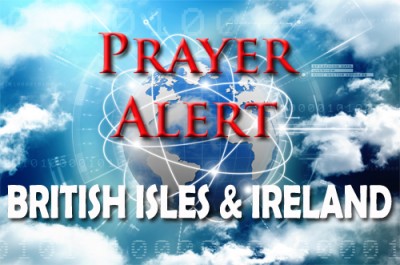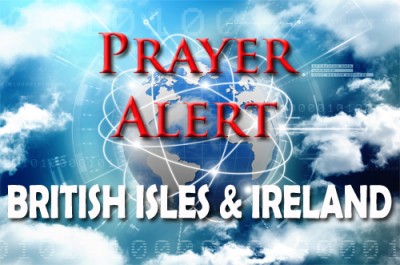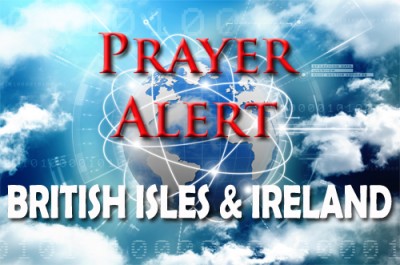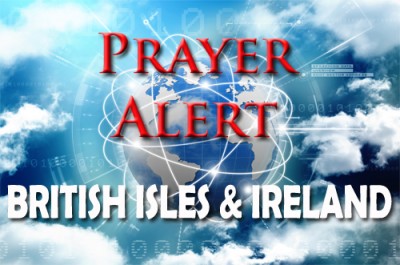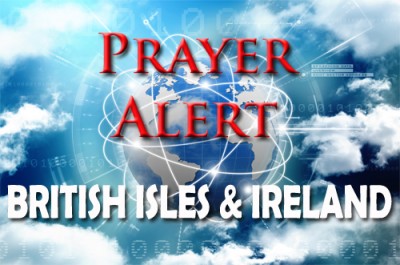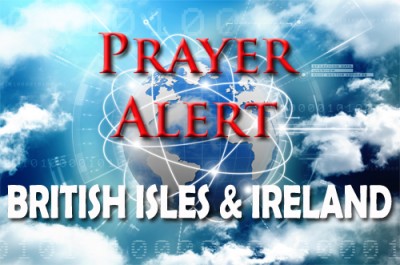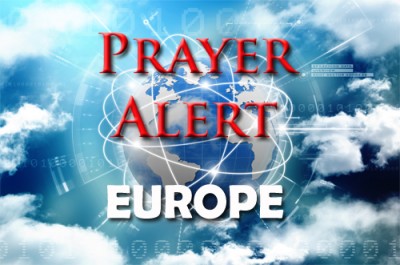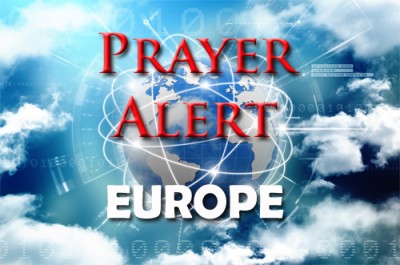Chilling threat to Britain
19 Jan 2018Ex-army colonel Hamish de Bretton-Gordon became a volunteer in Syria and said, ‘I’ve never seen anything as horrific as what is going on in Ghouta. Its starving people live underground in cellars, caves and tunnels. Three times in the past four days chlorine bombs were dropped by Syrian forces. Outlawed by the Geneva Convention, the chlorine combines with water in the lungs to produce hydrochloric acid, which dissolves the lungs. When civilians are flushed out onto the streets, they face death from the barrel-bombs and high-energy explosives that rain down from Putin’s Russian jets and Assad’s aircraft. Water is contaminated. Hospitals are targeted in air strikes. Ghouta is the last bastion to hold out against Bashar al-Assad and its inhabitants are being bombed, gassed and starved into submission.’ He added, ‘Putin can do as he pleases, and there will be chilling consequences for Britain’s security unless we act.’
Cabinet reshuffle: Justine Greening
19 Jan 2018Following a meeting with the Prime Minister, the former education secretary, Justine Greening, left the Government, to be succeeded by Damian Hinds. The women and equalities portfolio will be held by Amber Rudd. These changes will give the Government the opportunity to review many of Ms Greening’s more extreme proposals before they begin to impact upon families: for example, using compulsory relationships education to teach children as young as five about same-sex marriage, and allowing anybody, whatever age, to choose their gender. It is not too late to halt either of these policies, nor is it too late for the Government to note the views of the 59% of party members who oppose same-sex marriage (according to a new YouGov poll).
Government minister to tackle loneliness
19 Jan 2018Theresa May has appointed Tracey Crouch, the minister for sport and civil society, to head a government-wide group with responsibility for policies connected to loneliness. She will implement one of the main recommendations of a report by the Jo Cox Commission. The Government said it would develop a wider strategy on the issue, gather more evidence and statistics, and provide funding for community groups to start activities which connect people. Researchers say that nine million people often or always feel lonely; the prime minister said, ‘For far too many people, loneliness is the sad reality of modern life’. Pray for Social Services, churches, charities and community leaders to address loneliness endured by the elderly, carers, new parents, refugees and the bereaved. Pray for Ms Crouch and her team to have a specific God-given anointing for the new role they have been given. See also
Reaching millennials
19 Jan 2018There are around 13.8 million 18-34 year olds who fall into the category of millennials. The Church Army is releasing guidance on how to evangelise millennials as we face a lack of young people in the pews. Research based on observing twelve different approaches to mission and evangelism around the UK from a variety of church traditions suggests a way forward. 'The findings are really encouraging and suggest that mission with young adults, while challenging, is not as difficult as one might think,' said Dr Tim Ling, the Church Army's director of research. In the churches studied, at least sixty people became Christians, with a further 48 reporting that the church had helped them rediscover a lost faith. The report urged churches to create 'spaces where young adults can belong and feel part of a community before they believe'.
‘Family breakdown’ minister needed
19 Jan 2018Lord Farmer, a committed Christian, has called for the appointment creation of a ‘minister for family breakdown’ to tackle the huge problems facing the nation. He grew up in a chaotic family with alcoholic parents but became a successful businessman. In a newspaper article he refers to the ‘devastating effect of family breakdown upon the lives of young people that affect their ability to succeed in life.’ He said that all government departments experience the cost of family breakdown, and all political parties are guilty of causing the current problems. Some people say there is nothing wrong with the family; it has just changed to first marriages, remarriages, cohabiting couples, lone-mother families, lone-father families, stepfamilies, multi-parent families and multi-sibling families. Lord Farmer said these ‘reconstituted’ families not only place a stress on the adults involved, but have strongly negative effects upon the children, in terms of health, education, peer group relationships and life chances.
Victims of slavery in UK
19 Jan 2018There are 13,000 slaves in Britain. Many argue there are many more. Those who escape suffer post-traumatic stress disorders. Many fear the police. Trust is so eroded that some are afraid to engage with charities. P worked twelve-hour days at a car wash after a ‘friend’ offered him the job. He soon discovered he wouldn't get paid. Worse was to come. The house he'd been placed in was guarded by two or three big men who took his phone and threatened to kill him if he tried to escape. One night when his guards were drunk he ran to the police. He now works in the Co-op’s ‘Bright Futures’ scheme, which helps survivors of modern slavery into work. Slavery survivors are given a four-week work placement, which ends in a non-competitive interview. If both parties are happy there is a full-time job on offer.
Who are the presidents of the European Union?
19 Jan 2018The three institutions of the EU are Parliament (EP), Council (EC), and Commission. The EP president, Antonio Tajani, presides over the debates and activities of parliament, along with fourteen vice-presidents, and represents parliament internationally. Donald Tusk is president of the EC, that is all EU heads of state. He is its representative on the world stage, attends summits, and represents the consensus view of the EU states. He also chairs meetings of heads of state. The president of the Commission, currently Jean-Claude Juncker, allocates portfolios to the commissioners, who are nominated by their home countries. The EU Council, where legislation is discussed, is led by the country holding the six-month rotating presidency, currently Bulgaria.
‘Integrity pacts’ in the EU
19 Jan 2018In 2016 one in three Europeans thought their governments and political leaders were mostly or entirely corrupt. When the survey was published, work began on a project with civil society and individuals in governments across the EU to demonstrate that ‘corruption is not inevitable’. The focus is public procurement, a sector which sees corruption-related losses of almost €5 billion per year in the EU. The Integrity Pact is a signed commitment by contractors and bidders in public contracts to act with integrity and transparency. An independent organisation monitors compliance with the commitment. Local government, civil society and private companies are using it to ensure that 17 big public contracts in 11 EU countries are being run efficiently, accountably and in the public interest, so that taxpayers’ money goes where it is intended.
